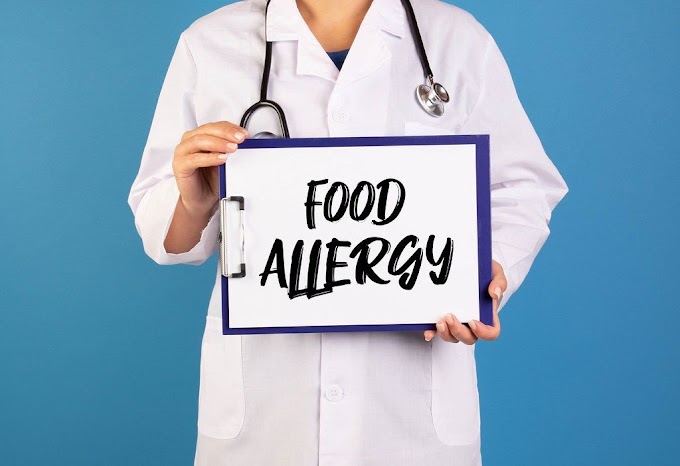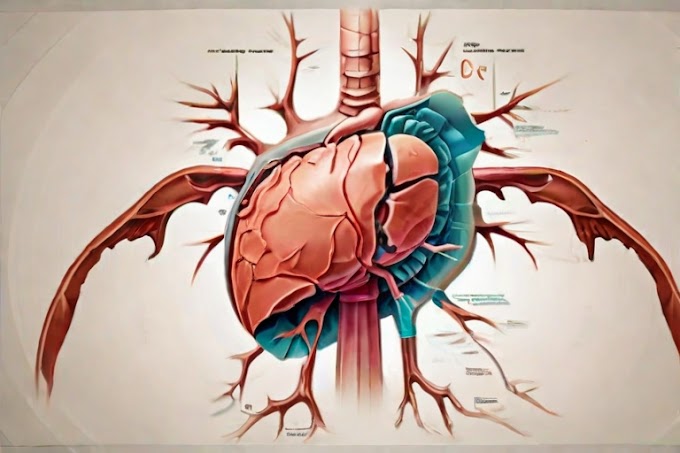Recognizing Malaria Symptoms: A Comprehensive Guide
Malaria is a potentially life-threatening disease caused by the Plasmodium parasites transmitted through the bites of infected mosquitoes. Recognizing the symptoms of malaria is crucial for early detection and prompt treatment. Here is a comprehensive guide to the symptoms of malaria.
1. Fever and Chills
One of the hallmark symptoms of malaria is the presence of a high fever. The fever is often cyclic, with distinct periods of chills followed by sweating. The cyclical nature of the fever corresponds to the life cycle of the malaria parasite in the bloodstream.
2. Headache and Body Aches
Individuals with malaria commonly experience severe headaches and muscle or joint pain. These symptoms can contribute to an overall feeling of malaise and discomfort.
3. Fatigue and Weakness
Malaria often leads to extreme fatigue and weakness. The persistent cycle of fever, chills, and sweating can leave individuals physically and mentally drained.
4. Nausea and Vomiting
Nausea and vomiting are common symptoms of malaria, which can contribute to dehydration. The severity of these symptoms may vary among individuals and at different stages of the disease.
5. Sweating
Following the fever and chills, a malaria-infected person may experience profuse sweating. This sweating often occurs as the fever breaks, providing temporary relief before the next cycle begins.
6. Anemia
Malaria can lead to the destruction of red blood cells, causing anemia. Symptoms of anemia include pale skin, weakness, and shortness of breath.
7. Jaundice
In severe cases, malaria can affect the liver, leading to jaundice. Jaundice is characterized by yellowing of the skin and eyes, indicating problems with liver function.
8. Altered Mental State
In some cases, especially with severe forms of malaria, individuals may experience confusion, hallucinations, or other alterations in mental state. This is a medical emergency and requires immediate attention.
9. Respiratory Distress
Severe malaria can lead to respiratory distress, with rapid breathing and a feeling of breathlessness. This is a critical symptom that necessitates urgent medical intervention.
10. Convulsions or Seizures
Malaria can cause seizures, particularly in young children. If an individual experiences convulsions, it is essential to seek medical help promptly.
Preventing Malaria
Preventive measures include taking antimalarial medications, using bed nets treated with insecticides, wearing protective clothing, and using mosquito repellents. These measures are particularly important in regions where malaria is endemic.
Related Keywords
Malaria
Malaria Treatment
Malaria Fever






